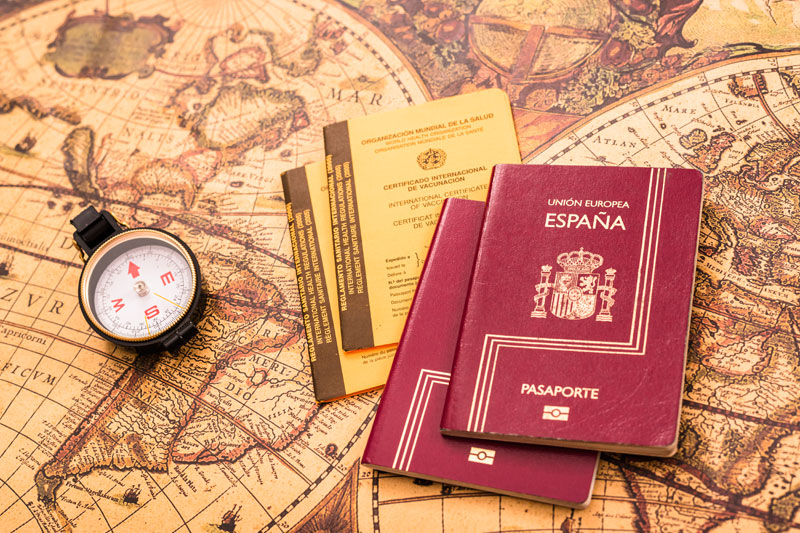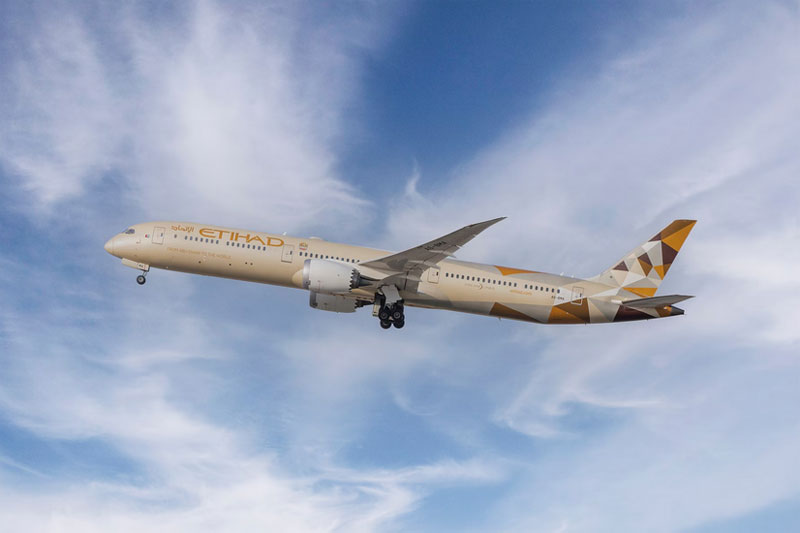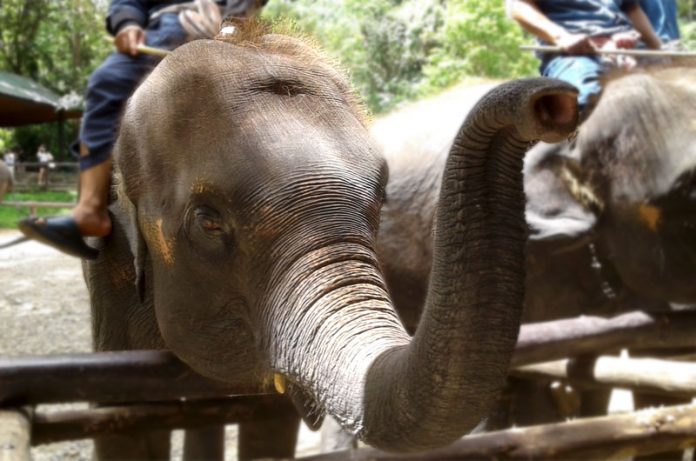Animal welfare is just as important as social and environment interests when it comes to responsible travel. Not riding the elephant is one of them.
Animal welfare is a hot topic in the elephant-friendly tourism business. The critical need for reform and regulation of the elephant tourism industry sparked the formation of the first ASEAN Captive Elephant Working Group in 2015.
Why Ban Elephant Rides?
Intrepid Travel was the first travel company to initiate the elephant-friendly tourism movement in 2014. Banning elephant rides has since gathered steam, and inspired over 100 tour operators and travel companies globally to follow suit.
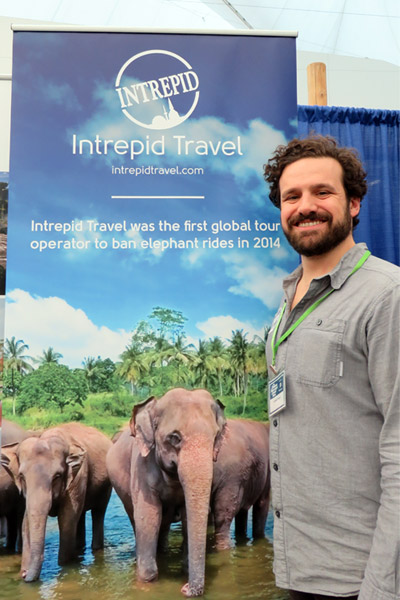
Intrepid’s decision to remove their elephant ride tours came after a research conducted by the World Society for the Protection of Animals (WSPA). The report revealed the poor welfare of captive elephants at entertainment venues in Asia, says Mark Nessle, senior business development manager, Intrepid Group – North America.
“Riding the elephant is not too damaging to the elephant. However, it’s the practice and the method to break the elephant from being wild to actually allow people to ride it safely. This is where the more sinister aspect come into play.”
“The alternative is to offer clients visits to sustainable elephant sanctuaries. To see and walk with the elephants, look at them eye to eye instead of riding on top of them.”
That includes rehabilitation and sanctuary facilities like the Elephant Nature Park. The park is about an hour’s drive from the Four Season Resort Chiang Mai, Thailand. There, Nessle experienced an unforgettable moment while on a trip with a group of travel professionals in September 2016.
Meaningful Experience Without Riding
“At the nature park, we were able to walk with the elephants, bath with the elephants. All of that didn’t involve sitting on top of them. From my experience I found that far more rewarding and engaging,” says the beaming Nessle.
The thing that really touched home was when I look into that elephant’s eye.
“It dilated its pupil and recognize ‘I was who I was’, and not give me the chills. My heart stop for a moment. That was really special.
That’s when it click for me that you can have a similar experience if not a more meaningful experience. Looking at it face to face as oppose to riding on its back.”
In their blog, People for the Ethical Treatment of Animals (PETA) cited nine reasons not to ride on an elephant.
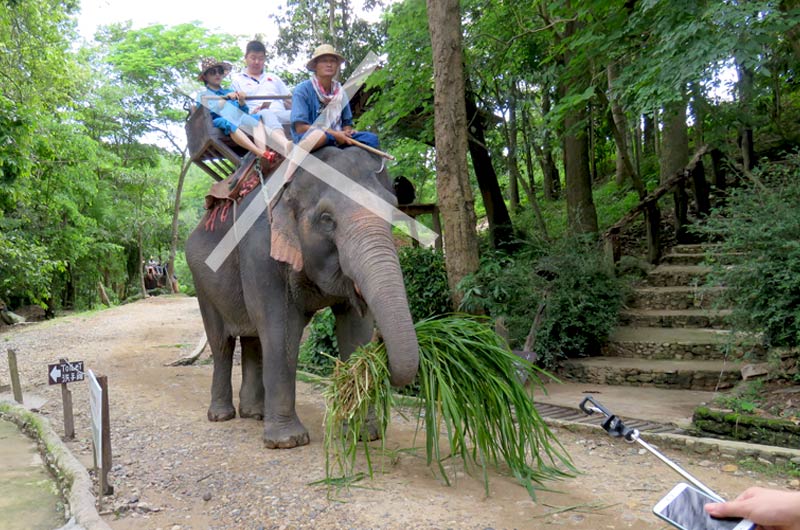
The World’s First Elephant Hospital
Nestled in northern Thailand’s Lampang province, animal welfare organisation, Friends of the Asian Elephant Foundation has been caring for injured and abused elephants for the past 26 years.
Their soon-to-be-opened prosthesis factory will enable easy access of prosthetics to their elephants.
In 2016, Flight Centre together with Cathay Pacific and Intrepid Travel raised CAD$30,000 to support the work and raise awareness of the world’s first elephant hospital.
Inadequate funding nearly closed the hospital in March 2017. Last minute donations of over 20 million baht (around US$633,000) saved the hospital closure, cited The Nation.
2017 Elephant Camp Report
Abercombie & Kent also joined the elephant-friendly tourism movement. The luxury travel company in their 2017 elephant camp report noted that, while there are justifiable concerns for animal welfare, there are many other options to interact with elephants in an ethical and responsible way.
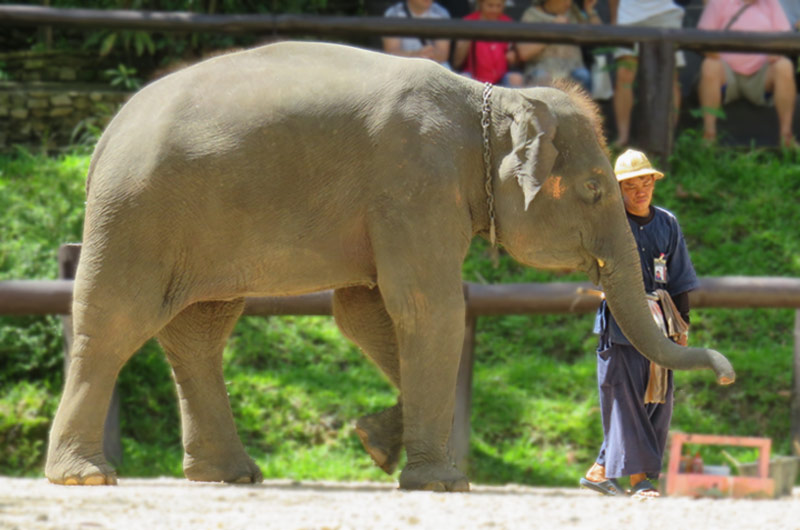
Challenge and Solution
“While Western activists focus on the animals, their handlers are often treated as expendable,” wrote Hilary Cadigan in The Atlantic.
An informative and lengthy read, the story delves into the human cost of elephant tourism and why banning rides may not be realistic.
Joshua Plotnik of Think Elephants International in the story pointed out the solution to have a ‘positive impact on the captive elephant situation is to work with mahouts (trainers) to improve the treatment of elephants while acknowledging the difficult lives mahouts often live themselves’.























